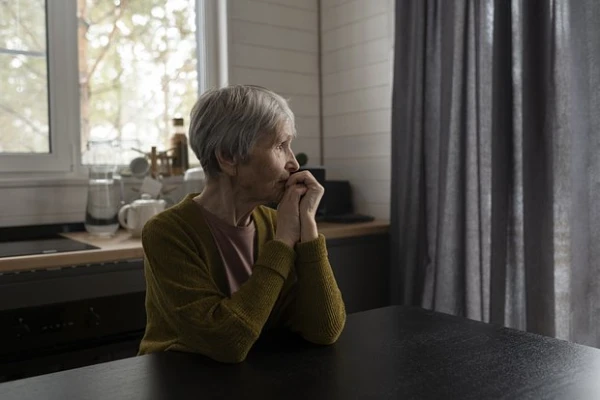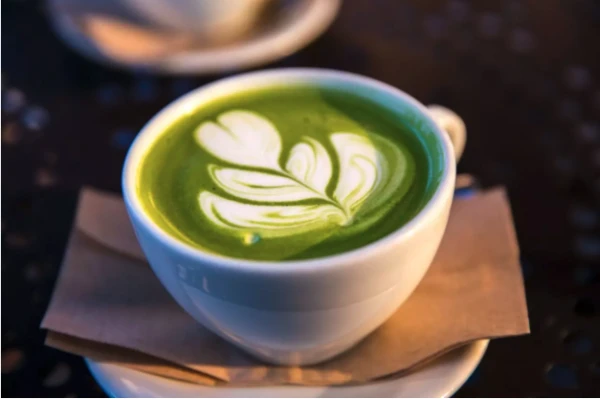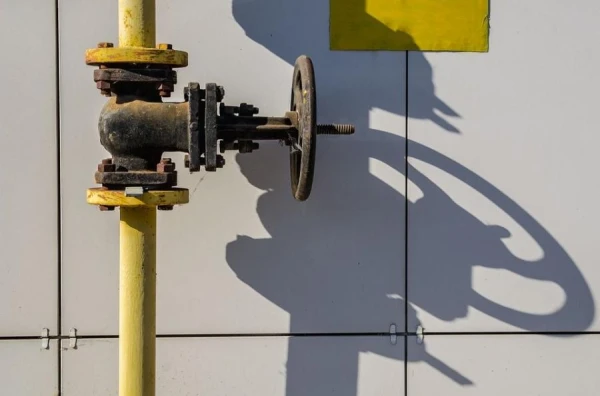
Psychological strength is not an innate quality but a skill that can be developed. People with a strong inner core react differently to difficulties: they do not waste energy on grudges, do not get stuck in self-criticism, and do not strive to please everyone. The psychotherapist explains what mistakes they avoid to maintain confidence and calm even in challenging situations.
Expert: Amy Morin, psychotherapist
1. They Don’t Associate with Toxic People
Strong individuals consciously choose their surroundings. They do not try to "fix" those who lie, manipulate, or belittle; they simply set healthy boundaries.
2. They Don’t Engage in Excessive Self-Criticism
They know how to acknowledge their mistakes but do not blame themselves for everything. They understand that not everything depends on them, and this does not make them any less worthy.
3. They Don’t Chase Constant Happiness
Strong people know that life doesn’t have to be an endless celebration. They are willing to work for long-term well-being rather than seek fleeting moments of pleasure.
4. They Don’t Avoid Discomfort
Growth begins outside the comfort zone. Such individuals confront their fears, try new things, and are not afraid of challenges.
5. They Don’t Feel Like Victims
They do not shift responsibility onto circumstances. Even in difficult situations, they maintain their ability to act.
6. They Don’t Depend on Others’ Opinions
They do not need universal approval. What matters is living in accordance with their own values.
7. They Don’t Strive for Perfection
Perfection is unattainable, and strong people know this. They learn from their mistakes without turning self-criticism into self-destruction.
8. They Don’t Hold Grudges
They let go of the past, do not waste energy on anger, and choose inner peace over revenge.
9. They Aren’t Obsessed with Material Things
Money and possessions are nice, but they are not a source of happiness. True support lies in feelings, goals, and people.
10. They Aren’t Afraid to Ask for Help
Strong people understand that strength is not in isolation but in the ability to accept support. This makes them even more resilient.













